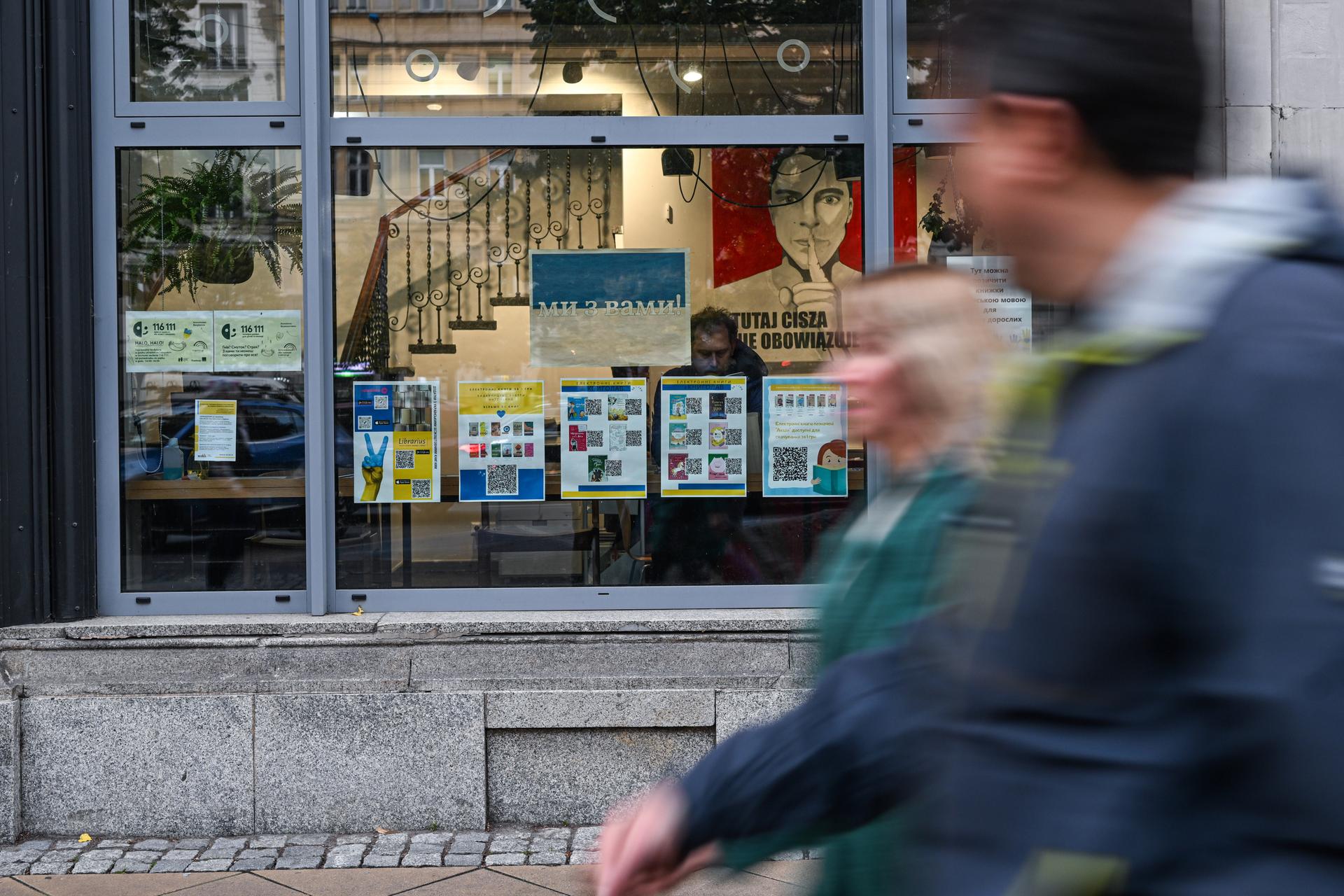As Europe braces for the arrival of more Ukrainian refugees this winter, many question if the continent will be prepared.
In Poland, which has taken in more Ukrainian refugees than any other EU country — 1.5 million — some are saying the answer is no as resources quickly dry up.
“We need much bigger funding for refugees,” Rafal Trzaskowski, the mayor of Warsaw, said during a press conference last month.
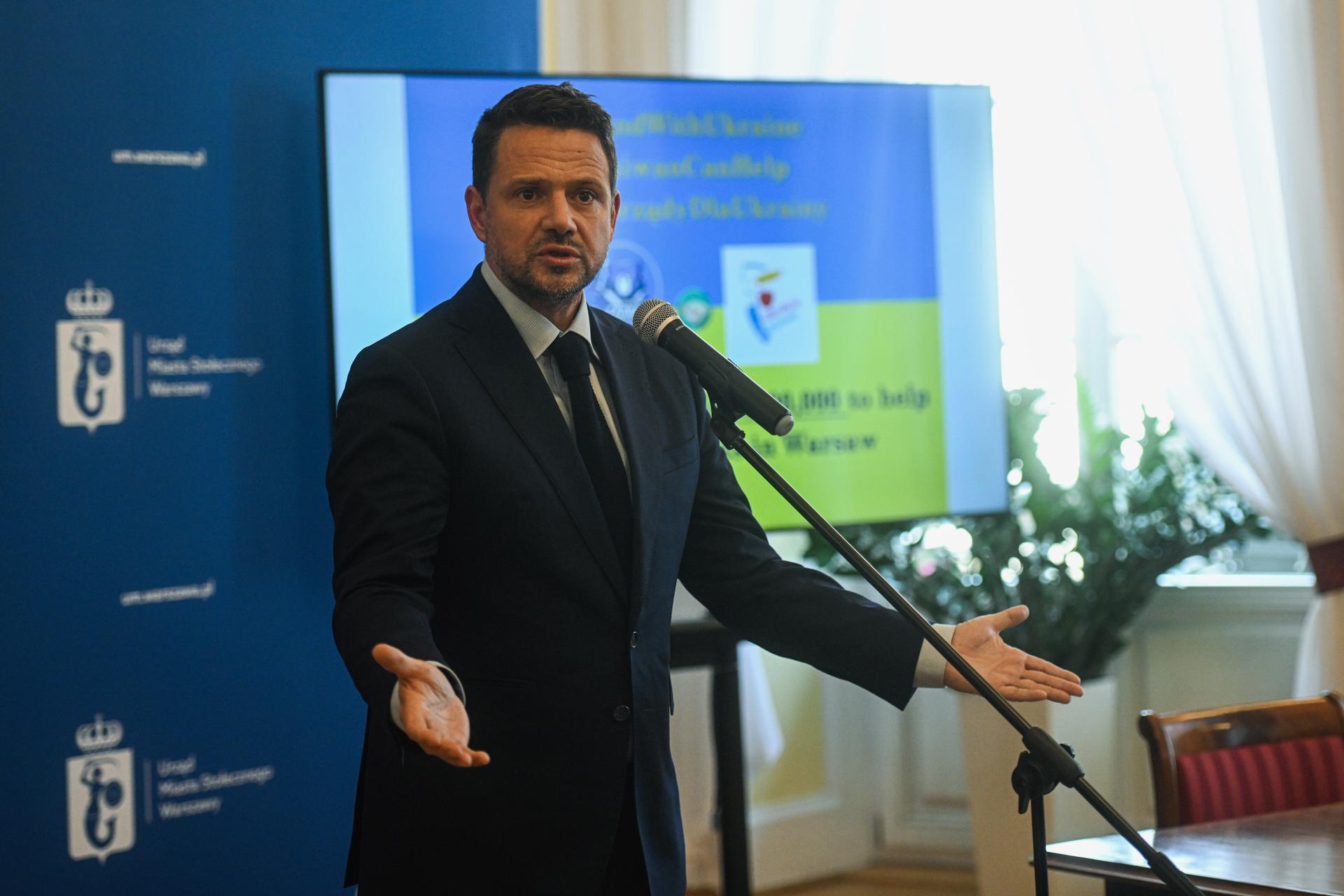
Warsaw, which according to the city government has accepted 170,000 Ukrainian refugees since February, has already spent $80 million to help Ukrainians resettle. Under the Temporary Protection Directive (TPD), registered Ukrainians can access the labor market, free health care and the Polish school system and receive many of the same social benefits entitled to Polish citizens.
But as funding runs out, so have a number of services such as free public transport for Ukrainian refugees and subsidies for people hosting them.
Trzaskowski and other mayors across Poland have been calling on the central government for more financial assistance, but say old political games are getting in the way.
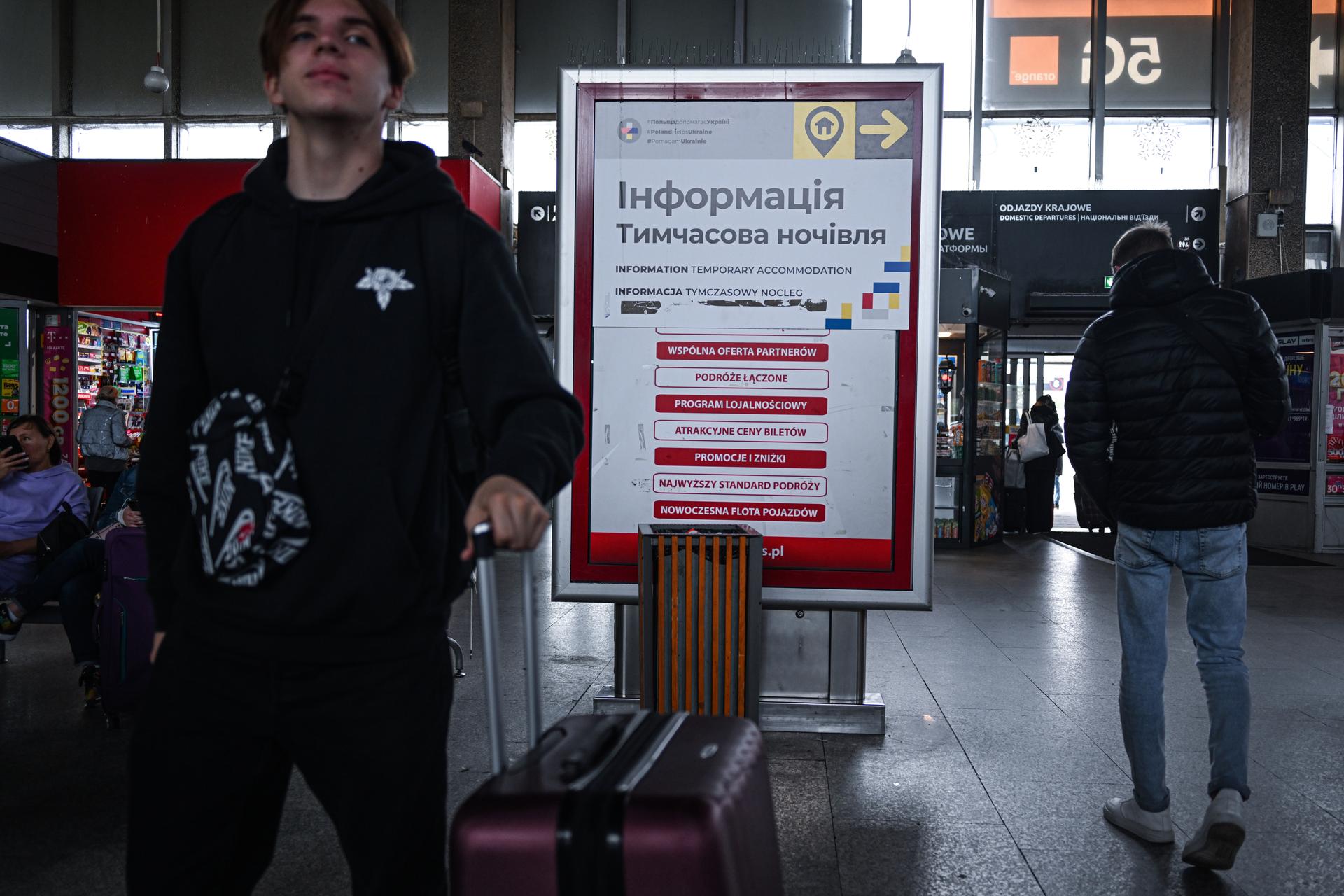
Notably, Trzaskowski has accused the far-right central government of taking money away from larger cities like his, which are run by more liberal opposition parties.
“So, paradoxically, in times of crisis, instead of giving us money, the government actually focuses on taking money away from us,” Trzaskowski said, adding, “It seems that the government doesn’t have a strategy on helping refugees.”
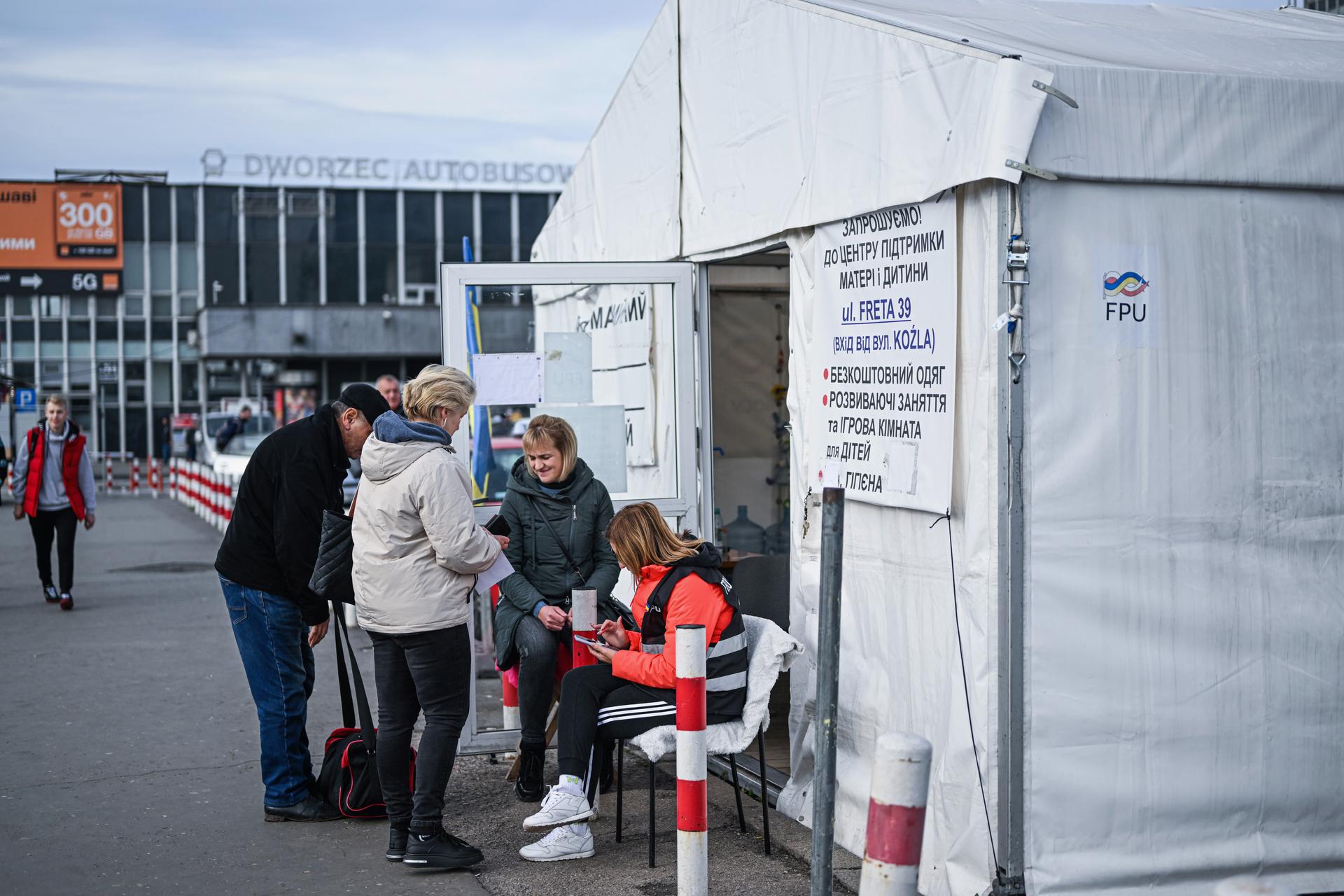
Bartosz Grodecki, a member of the central government who works on the budget for refugees in Poland, refutes that claim. He argues that towns already have enough money, and that the central government has already pledged $3.4 billion in aid for this year.
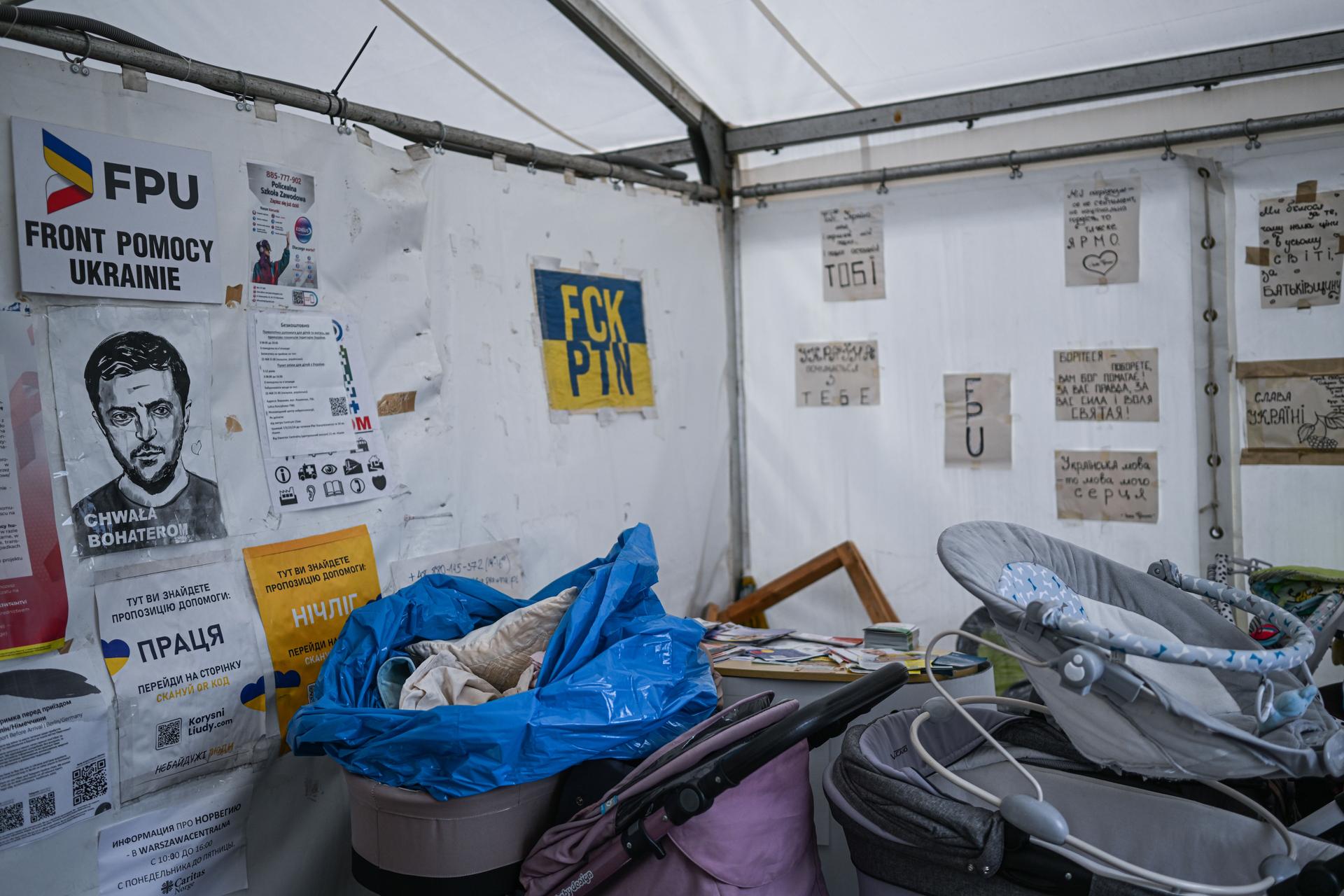
While he agreed there could be more funding, he said that money should be coming from an EU level.
“We have welcomed the most number of refugees [of any EU country] … which is why we should be financially covered by the European Commission,” Grodecki said.
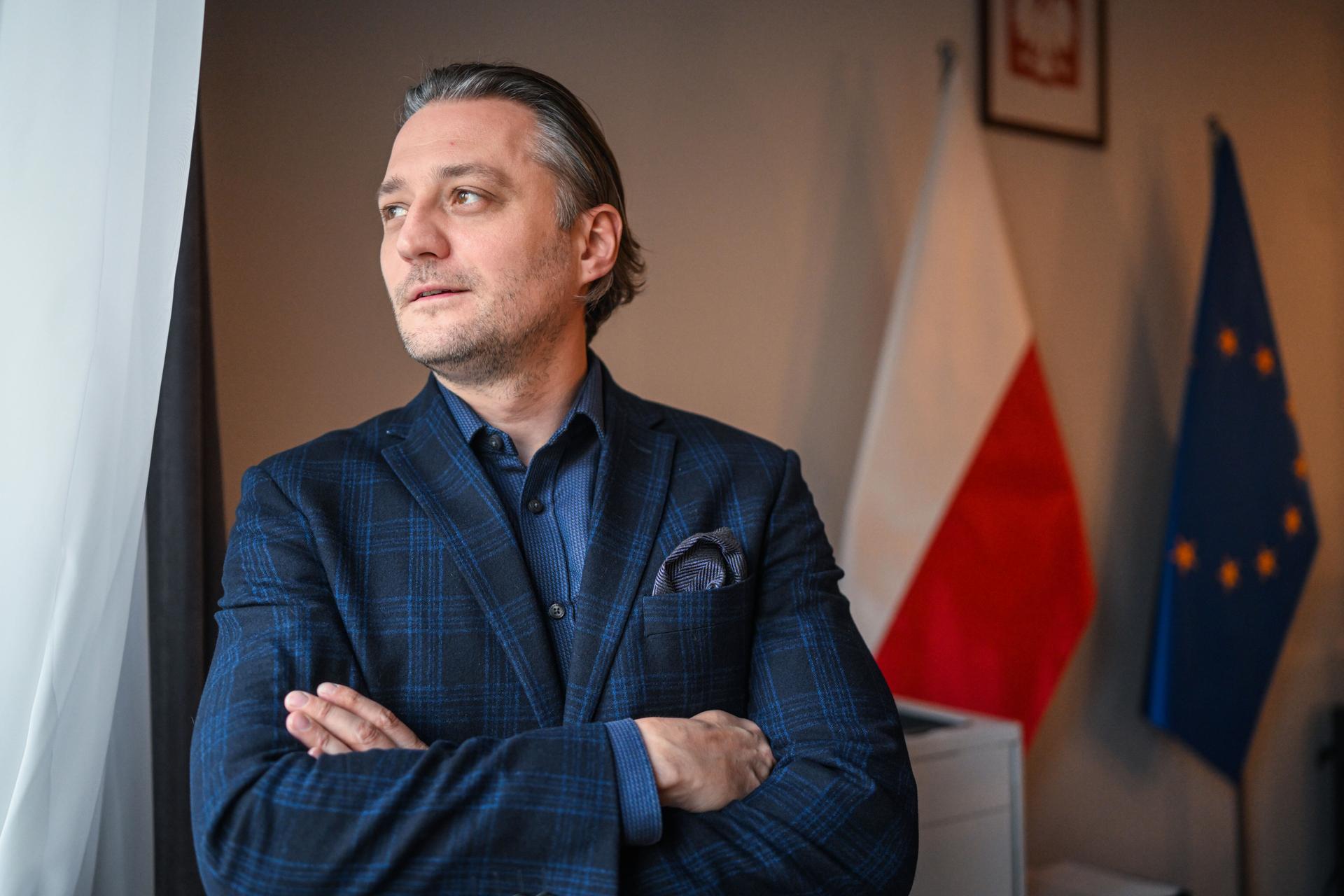
While the EU sent an additional $144.6 million earlier this month to help Poland respond to Ukrainian refugees, the interior minister criticized the amount as small compared to what the country needs.
Indeed, the Organization for Economic Cooperation and Development (OCED) estimates that Poland will have spent $8.4 billion responding to Ukrainian refugees by the end of this year, more than any other EU country.
Much of that support has been coming from individuals. The Polish Economic Institute estimates that private citizens spent as much as $2.1 billion helping Ukrainians in the first three months of the war alone.

But with Poland’s inflation rate at 17.2% in September and a looming winter energy crisis, that funding source may also be running low.
Then, there’s the vast network of people who volunteered in the early days of the war but are now experiencing “refugee fatigue.”
“People are tired,” said Helen Krajewska, who works with the Warsaw-based, nongovernmental organization Polish Humanitarian Action.
She said that what people need now is support.
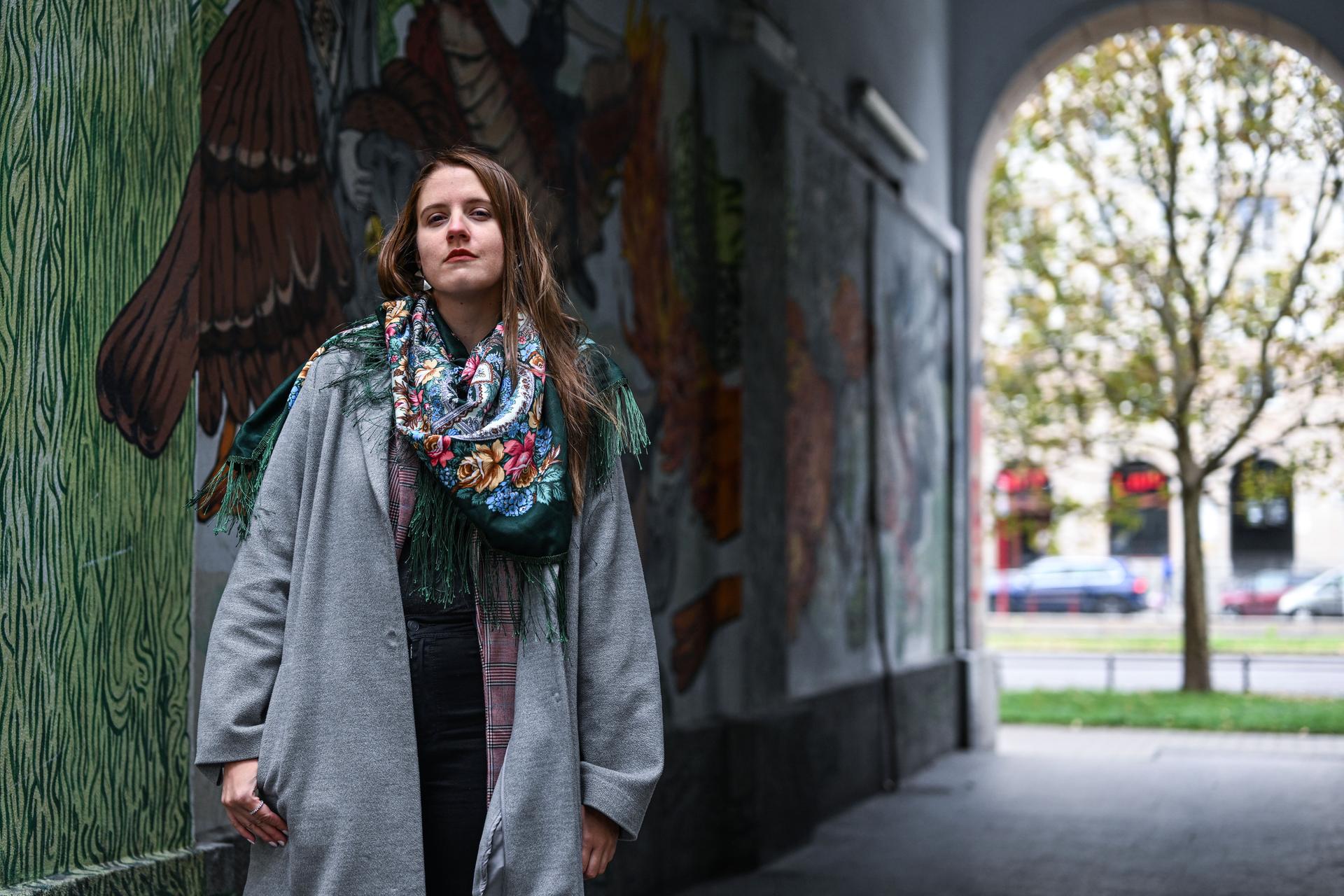
“Not only financial support, but even support from just normal people to say that we are all in this together because help is not a sprint, it’s a marathon.”
Ksawery Nałęcz-Jawecki, a 32-year-old who works in advertising, knows what the marathon feels like.
In March, he and a few friends set up a volunteer food kitchen outside one of Warsaw’s largest train stations.

“During the busiest period, we were serving around 10,000 people a day,” Nalecz-Jawecki said.
The Polish government then stepped in to provide funding, which helped them serve more than half a million people total.
But that funding ran out in early July, forcing the operation to shut down entirely.
Nalecz-Jawecki said that part of it is understandable.
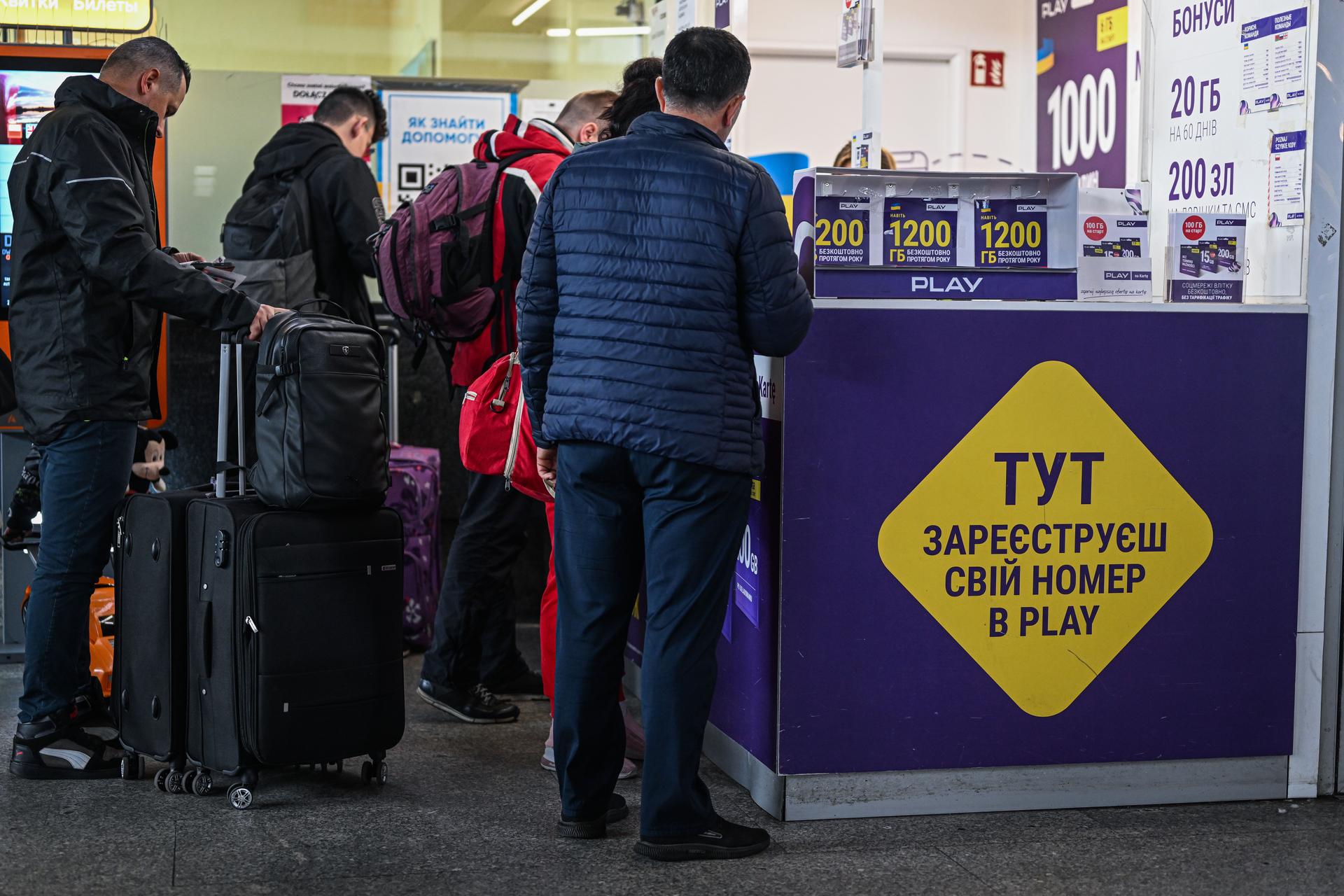
For now, there are still fewer Ukrainians coming into Poland compared to the start of the war.
But with winter around the corner, and Russia’s recent barrage of missile strikes targeting key infrastructure and civilians, analysts expect those numbers to rise again.
Nalecz-Jawecki said that he’d be ready to start up his operation again.
“It’s an easy decision,” he said. “When someone is in need or in pain, it’s easy to find the strength to help.”
His only hope is that those with the potential to help fund such an operation will feel the same way.
Related: Poland is feeling the pinch after cutting Russian energy imports
